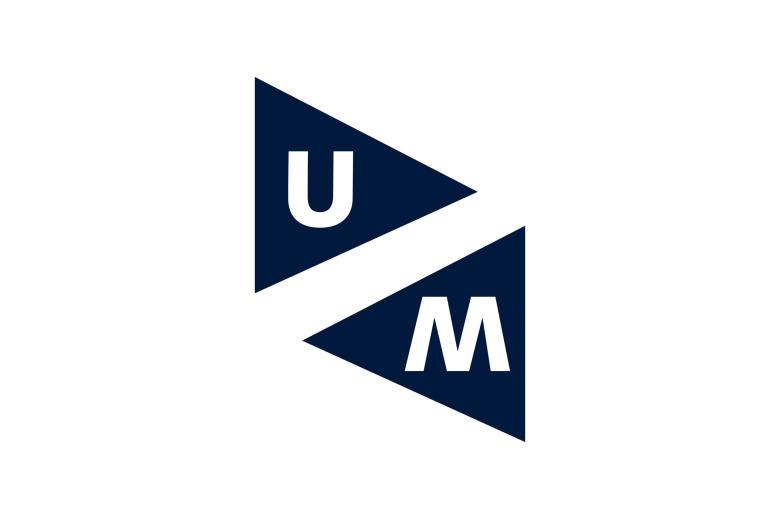No agreement between Dutch universities (VSNU) and Oxford University Press
The universities in the Netherlands (VSNU) and Oxford University Press (OUP) have been unable to reach a new agreement for access to academic journals. OUP made a proposal to the Dutch research universities of which the conditions, including Open Access, were not acceptable.
What are the consequences for researchers?
Articles published in previous years and in the period January to April 2017 will remain accessible. Academics will have to reckon with the necessity to access new articles from the end of May in an alternative manner. They can, however, continue to publish in the relevant journals as they have done previously.
Dedicated webpage
The UM Library is responsible for academic journal subscriptions for Maastricht University. The library is currently looking for options to guide the academic community in getting access to 2017 journal articles. For this purpose a dedicated webpage has been launched in the Online Library to keep everyone informed of the developments concerning the negotiations with OUP and alternative access to the OUP articles: http://umlib.nl/oup. Updates are also communicated in the Library+ Research update (for subscription: go to umlib.nl/libraryupdate).
VSNU explanation
The VSNU is acting as negotiator on behalf of all universities in the Netherlands for agreements about the subscription fees of academic journals. Universities will only seek to renew agreements pertaining to subscriptions under the condition that publishers work towards the transition to Open Access. Instead of a step forward towards achieving the objective of 100% Open Access by 2020, compared to the agreements that the VSNU has made with other publishers, the OUP’s offer is a step back. The fact that OUP is currently unable to take this step is regrettable, but fortunately this is an exception, given the general trend towards open access.
The Executive Board regrets that it was not possible to reach an agreement that covers both reading and publishing rights for 2017. However, together with the Dutch universities, we will endeavour to reach a sustainable agreement for 2018 and onwards.
Click here for the VSNU press release.
Also read
-
In Kerkrade, you can listen to the invisible universe
UM and Discovery Museum in Kerkrade make the Einstein Telescope understandable for everyone.

-
Maastricht University ranked #3 worldwide and #1 in Europe in 2025 Better World MBA Ranking
We are incredibly proud to share that the MBA programmes of Maastricht University School of Business and Economics’ executive branches, MSM and UMIO, have once again been recognised among the very best sustainable business MBA programmes worldwide. In the 2025 Better World MBA Ranking by Corporate...

-
